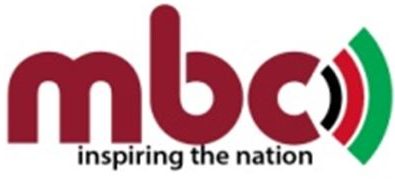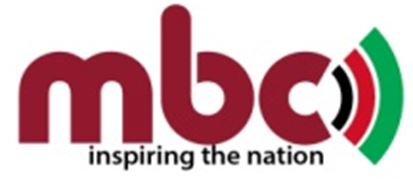The Food and Agriculture Organization (FAO) has reiterated its dedication to supporting Malawi and its partners in accelerating inclusive digital innovations in agriculture, as the Mid-Term Review Workshop for the “Fostering Digital Villages through Innovative Advisory and Profitable Market Services in Africa (FDiVi)” project commenced in Lilongwe.
Speaking in the capital, Lilongwe, on behalf of FAO Representative Babagana Ahmadu, the Assistant FAO Representative responsible for Programmes, George Mvula, said the four-day workshop offers a key platform for reflecting on the progress made so far and forging a collective way forward to ensure impactful project outcomes.
“This initiative, implemented in Malawi, Rwanda and Zimbabwe, is a key pillar of FAO’s Digital Villages Initiative. It aims to accelerate digital inclusion and innovation for resilient and inclusive rural transformation,” said Mvula.
The workshop, runs from 22 to 25 April 2025. It brings together government representatives, development partners, beneficiaries, and FAO technical teams to assess progress and refine implementation strategies for the second half of the project.
Highlighting five key focus areas, Mvula emphasised FAO’s commitment to:
1. Strengthening Digital Infrastructure and Interoperability
Mvula said FAO is working closely with the Malawi Government to enhance scalable and interoperable platforms aligned with national systems like the National Agriculture Management Information System (NAMIS).
“Through Output 1.1 of the project, we are contributing technical expertise to platforms that provide farmers with timely and localised information, improving decision-making.”
2. Advancing Digital Literacy and Capacity
He noted that digital tools are only as effective as their users. “We are equipping frontline extension workers, rural youth, and smallholder farmers with the skills they need to effectively utilise digital solutions,” he explained.
3. Promoting Inclusion: Women and Youth Empowerment
Mvula underscored the importance of inclusivity in digital transformation. “We are actively promoting tailored digital tools and training to empower women and youths. Their active participation not only addresses equity gaps but also fuels innovation.”
4. Leveraging Emerging Technologies for Climate-Smart Solutions
“AI-enabled advisory tools, digital financial services and index-based insurance are being integrated to promote climate-smart agriculture. These innovations support real-time decision-making and build resilience,” he said.
5. Strengthening Partnerships for Sustainability and Scale
Mvula further stressed the importance of a collaborative ecosystem. “We are working with government agencies and development partners to ensure digital solutions are scalable and locally owned,” he added.
In his closing remarks, Mvula issued a call to collective action: “Let us renew our shared commitment to inclusive digital transformation. As the African proverb goes: If you want to go fast, go alone. If you want to go far, go together.”
The FDiVi Project, is funded through FAO’s Flexible Voluntary Contributions (FVC) Scheme. It promotes innovative agricultural services for increased productivity, market access and rural transformation using advanced digital tools, including artificial intelligence.
The workshop will conclude with a site visit in Kasungu District and finalisation of the project’s monitoring and evaluation framework.



